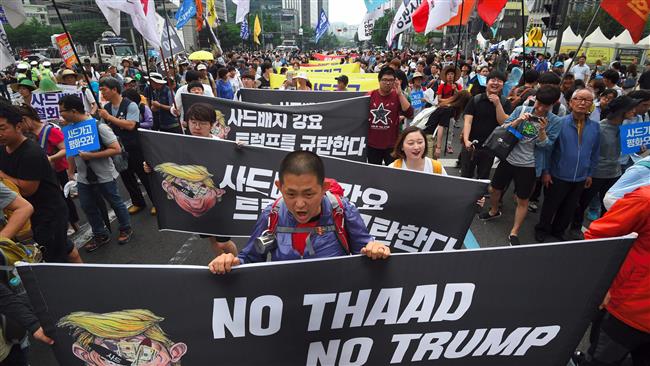
Hundreds of people have gathered in the center of Seoul to protest against U.S. President Donald Trump's two-day visit to the country, local media reported on Tuesday.
Earlier in the day, Trump landed at the Osan Air Base in South Korea's city of Pyeongtaek and headed to the U.S. Army Camp Humphreys garrison, where he was welcomed by the Army Camp Humphreys garrison.
After the visit to South Korea, the U.S. president will travel to China and Vietnam, where he will join the Asia-Pacific Economic Cooperation forum, and will finish his journey in the Philippines from Nov. 12 to Nov. 14.
According to the Yonhap news agency, hundreds of members of liberal activist groups, calling themselves "Collective Action for 'No Trump,'" gathered in the central Gwanghwamun Square to stage a rally denouncing the U.S. president's visit to South Korea.
The demonstrators accused Trump of escalating tensions on the Korean peninsula with his provocative rhetoric, forcing South Korea into buying armaments and attempting to renegotiate the free trade deal between the two countries.
The protesters are planning to hold a candlelight vigil starting 7 p.m. local time (10 a.m. GMT).
Local police reinforced security measures, set up barriers and deployed additional officers in the central area of the capital, especially near the presidential residence, the Blue House.
Several religious clerics reportedly made pilgrimages in a protest against the deployment of the U.S. Terminal High Altitude Area Defence (THAAD) missile defense systems in South Korea, but were stopped by the police when they headed to the presidential residence.
Proponents of Trump's visit to the country also took to the streets of the South Korean capital, hailing the alliance between the two countries and calling on the U.S. president to visit the Demilitarised Zone (DMZ) between North and South Korea, even though the White House said in late October that the trip to the DMZ was not on the president's schedule.
The situation on the Korean peninsula has escalated over the past few months, following several ballistic missile launches and nuclear tests conducted by Pyongyang in violation of the UN Security Council resolutions.
In September, the UN Security Council adopted its toughest resolution against Pyongyang, restricting oil exports and banning imports of textile products from the Asian nation, as well as the country's access to gas liquids.
Trump previously criticized the 2012 U.S.-South Korean free trade agreement, calling it horrible and unacceptable.
In late June, Trump instructed U.S. Trade Representative Robert Lighthizer to start renegotiating the current trade agreement, and said the United States and South Korea were working on creating a fair and reciprocal trade relationship.
-Sputnik/NAN

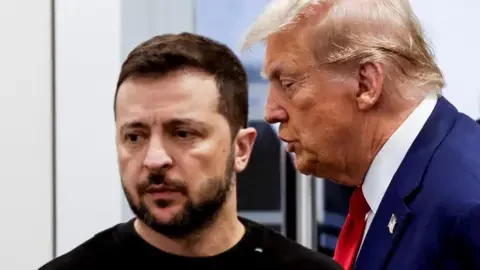
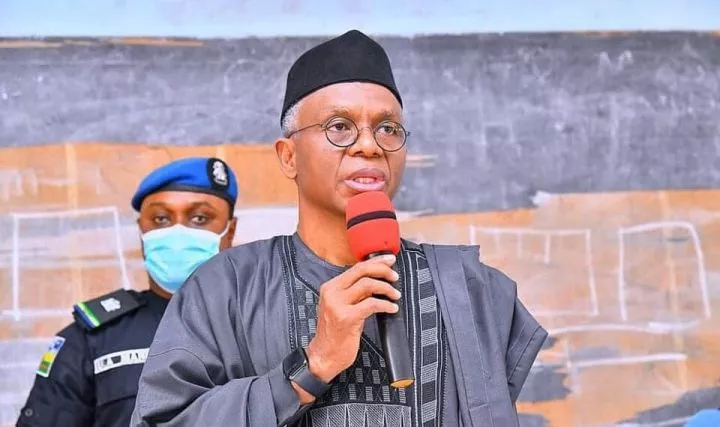
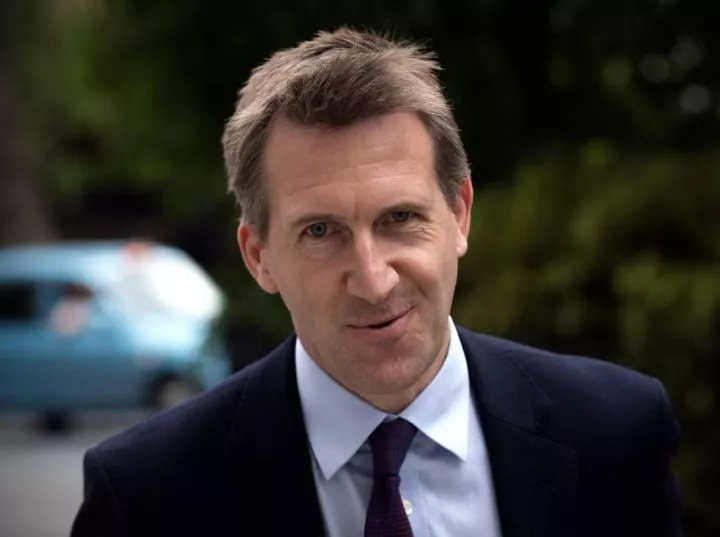
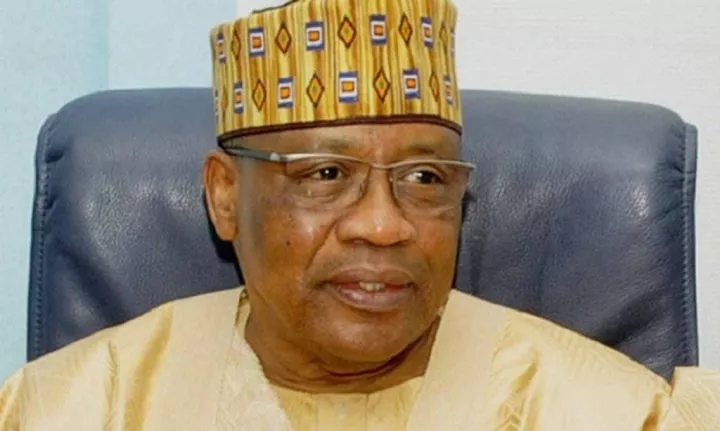
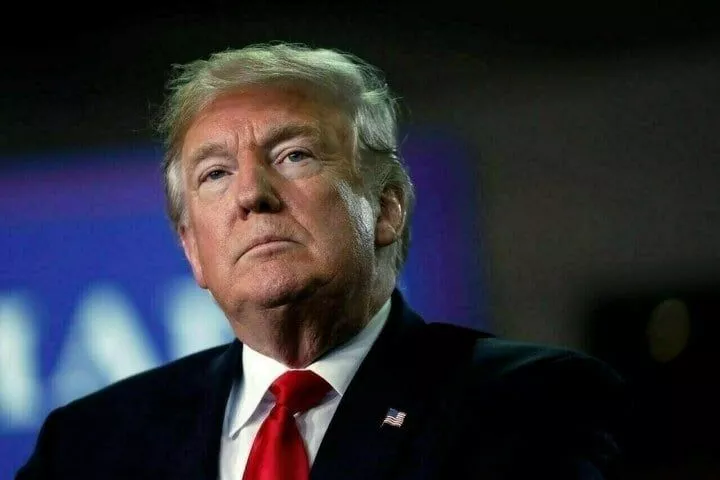
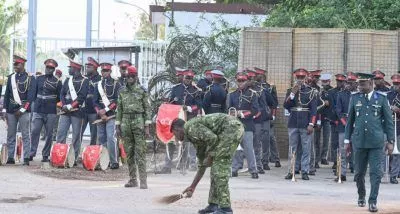

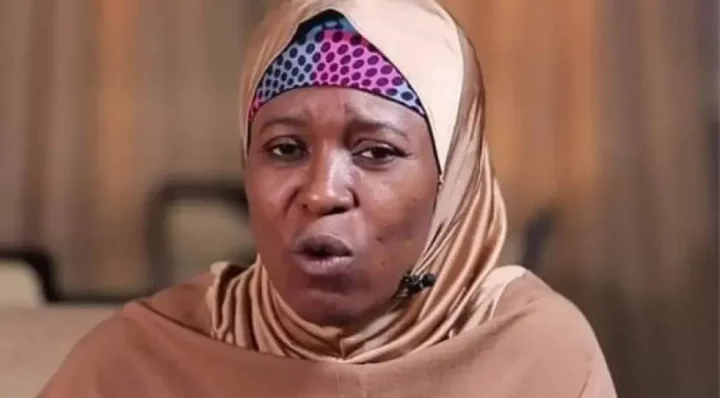




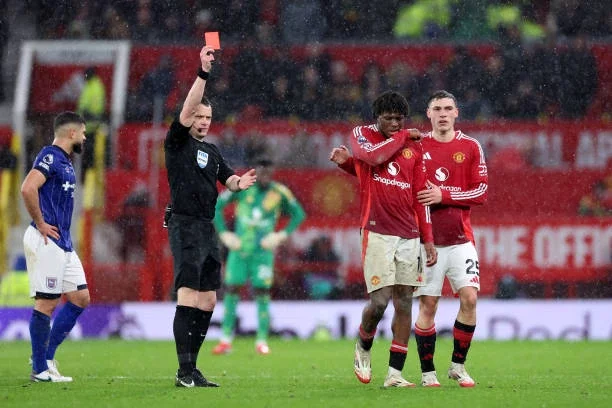
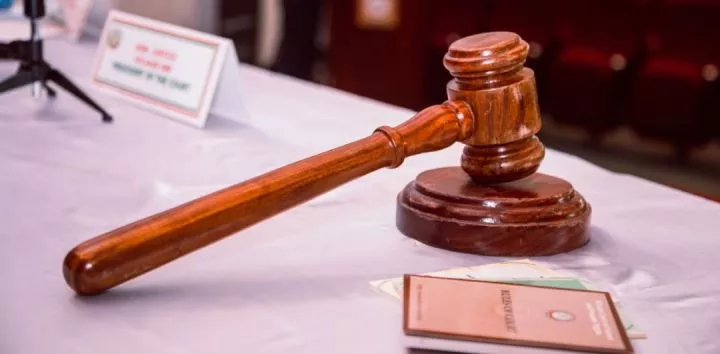
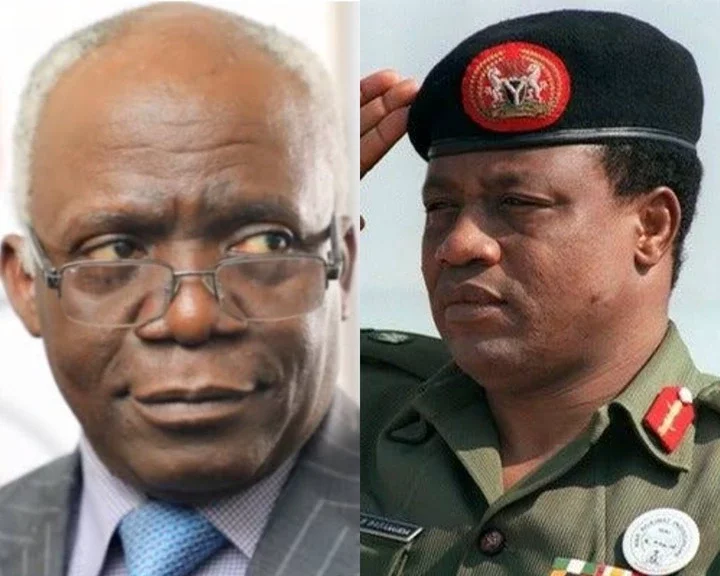


Comments